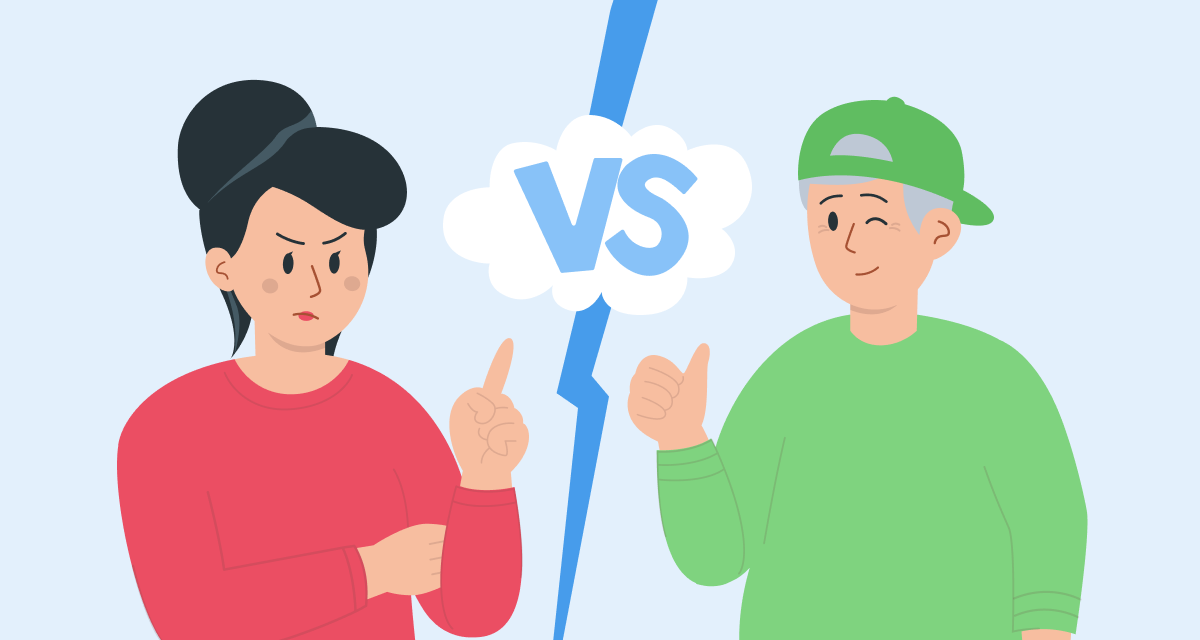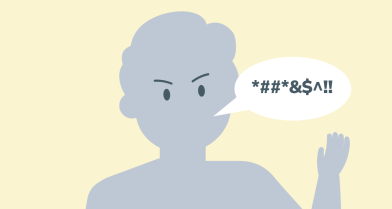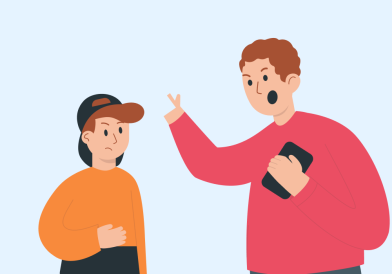Parent vs Friend: What Do Teens Really Need?

As kids grow up, we naturally want to stay close and keep our relationship warm and open. That’s completely normal. But when a parent gives up their role in an effort to be a friend—letting go of guidance, structure, and boundaries—teens may start to feel ungrounded and unsupported.
What Does It Mean to Be a “Parent-Friend”?
This parenting style prioritizes emotional closeness over authority and guidance.
A parent may, for example, share topics that aren’t appropriate in a parent-child relationship, or try so hard to be “close” that they gradually lose their role as a reliable adult figure.
In this approach, parents often seek approval from their child, avoid conflict, and steer clear of setting limits.
What Happens When You’re Too Friendly?
Research shows that teens ages 12–17 raised in overly permissive environments tend to engage in more risky behavior and struggle with emotional regulation and impulse control.
Without healthy boundaries, teens can feel lost in their freedom and unprepared to deal with the consequences of their decisions.
When the Teen Becomes the Caregiver
Sometimes, the roles reverse, and the child starts taking emotional care of the parent. This is known as parentification, a breakdown of family roles and boundaries.
The teen may feel responsible for the parent’s emotional well-being, offering support and comfort far beyond their years.
This dynamic can lead to:
- Emotional burnout
- Guilt and an exaggerated sense of responsibility
- Trouble setting boundaries in adulthood
- Anxiety and increased risk of depression
- Low self-esteem
- A deep sense of loneliness—feeling like there’s no adult to rely on
When roles get blurred like this, teens lose the space they need to grow and develop on their own terms.
Why Teens Need Boundaries and Parental Authority
Adolescence is a time of testing limits and exploring identity. Parental authority—paired with warmth and consistency—helps teens understand what’s expected of them and what’s safe.
Studies show that a parenting style combining warmth with reasonable control is linked to better academic outcomes and stronger mental health.
⠀
To maintain trust and connection, it’s all about balance: be warm, be supportive, but also be clear about limits. What teens need most isn’t a buddy, but a steady adult presence they can trust, especially when things get hard.
References:
- Permissive Parenting, Self Regulation and Risk-Taking Behavior among Adolescents, Global Social Sciences Review, 2024
- About Parenting Styles and School Performance, UCLA School Mental Health Project, 2024
- Parentification as a Social Determinant of Health: Implications for School Counselors, American School Counselor Association, 2022
- Permissive parenting style, Michigan State University Extension, 2017
Проверьте электронный ящик



















